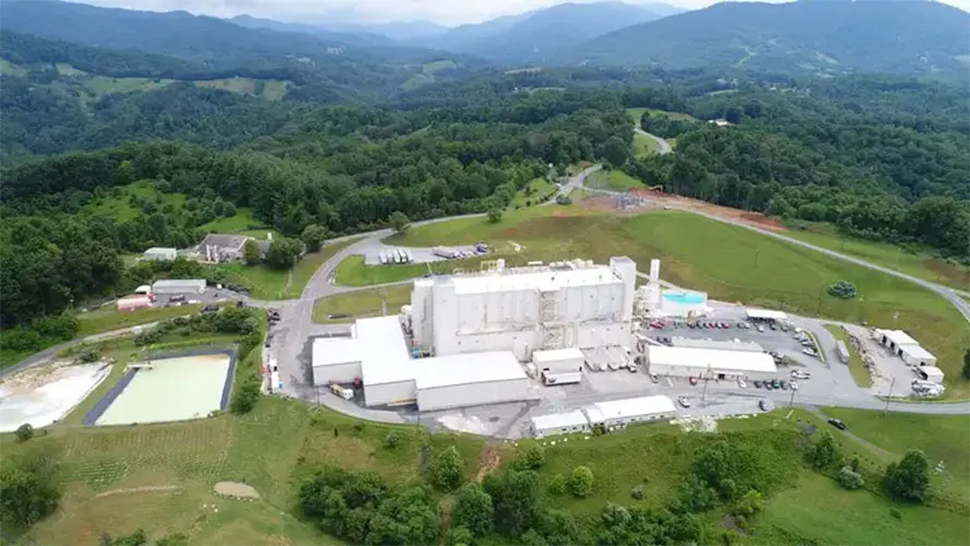
Hurricane Helene, which recently hit North Carolina, caused severe flooding and damage across a vast swath. Among the areas affected is the small town of Spruce Pine, which is home to high-purity quartz mines, the only facilities that produce ultra-pure quartz in the world. High-purity quartz is vital for various stages of chip production, so if its supply is disrupted, this could hurt the semiconductor industry, which is already struggling with supply issues.
There are two companies that mine ultra-pure quartz in Spruce Pine: Sibelco North America and The Quartz Corp. When asked by The Verge, a spokesperson from The Quartz Corp. stated that it was too early to determine whether the company's high-purity quartz production facility has been affected, as its current focus was on the local people and families impacted by the storm. Sibelco has purportedly confirmed a suspension of operations, but our repeated attempts to reach the company were fruitless due to a lack of phone service in the impacted area.
Spruce Pine's quartz is renowned for its purity, which makes it crucial for the production of silicon wafers (well, containers for melting silicon to grow silicon ingots), precision optics, light guides, and even wafer carriers. Although pure silicon can be produced using crucibles made of less pure quartz found elsewhere, the process is both more expensive and time-consuming.
The storm brought over two feet of rain to Spruce Pine, cutting off access to roads and leaving many residents without power, the report says. Due to the lack of access to roads and communication issues caused by severe flooding, it is difficult to assess the full extent of the damage to the two quartz mining companies, Sibelco and The Quartz Corp.
Spruce Pine's quartz mines are crucial to the global semiconductor supply chain. In 2008, a fire in the town disrupted the flow of high-purity quartz to the world market as quartz producers had to stop production, reportedly causing significant issues for the industry. A production halt today could have even more severe consequences as the world needs more chips than in 2008.
It should be noted that the global semiconductor industry is already in a fragile state after years of struggling with supply shortages triggered by the COVID-19 pandemic, the ongoing war between Russia and Ukraine, and China's attempts to prohibit exports of gallium and germanium. Any disruptions in the supply of high-purity quartz could worsen these issues, though for now, it is too early to say how severe the situation might get. Large companies tend to stockpile crucial raw materials and identify potential second sources in case of a natural disaster, so the impact may be limited.







